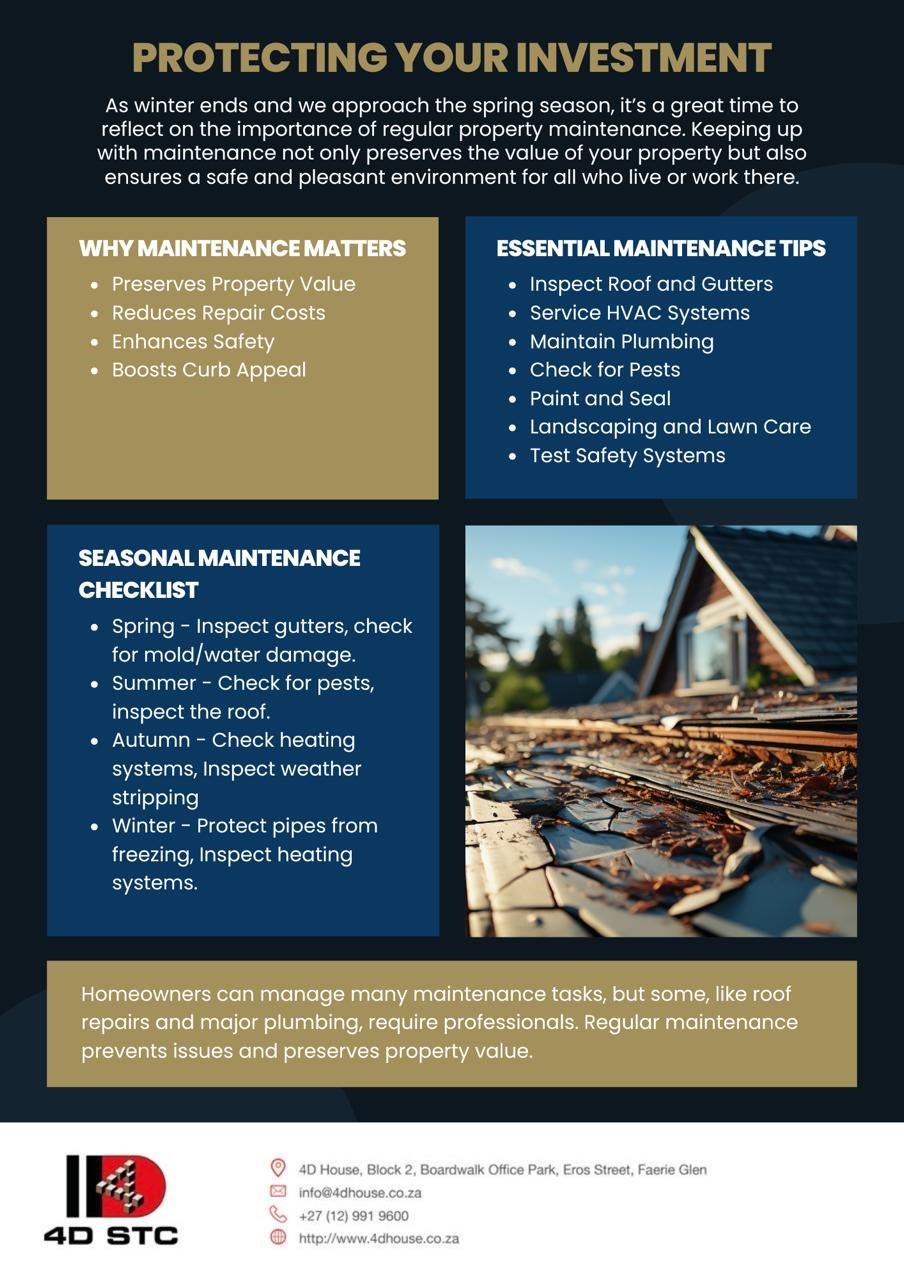SHORT term insurance encompasses all types of insurance policies other than life insurance.
Amongst others this includes vehicle, property, household, medical, personal liability, travel and business insurance. The reason why these policies are classified as short term insurance is because your insurance needs in this regard will change over time.
Short term insurance is taken out only for the period that you have need of it. This insurance option has provided many South Africans with the opportunity to cover the financial risks to their material possessions and those of their loved ones without paying hefty premiums.
The basics
Basically, you are able to insure your car, your property, your household possessions or your person annually or on another short term basis.
The great thing about short term insurance is that it caters to your changing needs, allowing you cover for your assets without the long-term commitment to one house, one car or one standard of living.
How it works
The amount of money that you will pay to your insurer at prearranged intervals is called a premium. This amount will be worked out according to your individual risk profile.
For example, if you’re looking to insure your car, an insurance provider will generally investigate your age, gender and driving record; the value of the car; where the car is parked and whether it has anti-theft devices in place. These factors will determine what premium you should pay.
The greater your risk profile, the higher your premium will be.
Handling claims
An insurance policy outlines certain risks that will be covered by the insurer should they one day take place. For instance, if a thief breaks into your house and steals your electrical appliances, you will be able to file a claim for these stolen goods.
In most cases, you will be required to pay the excess on these items. This is essentially a small predetermined amount of money toward the replacement of these appliances.
The balance will then be settled by your insurer. It is important that you ensure your cover remains relevant as time passes.
The balance of a claim will not be settled by the insurer if your valuables and assets are under-insured. Remember to insure individual items that leave the house regularly under specified all risks.
It is important that you keep all your receipts for items purchased. For your jewellery or other personal effects, you need to have a valuation certificate and proof of purchase.
You need to inform your insurance company on any changes of your circumstances i.e. change of risk address, driver’s details, postal address, etc.
Conclusion
It is important that you conduct a proper inventory of your household contents to estimate the replacement value and revalue your property on an annual basis. Make sure that you insure your property for what it will cost to rebuild it, not just the purchase price.
ARE YOU INSURED?
Disclaimer
The information is only intended to be of a general nature and should not be relied upon by any part without obtaining full details from a licenced financial service provider.





